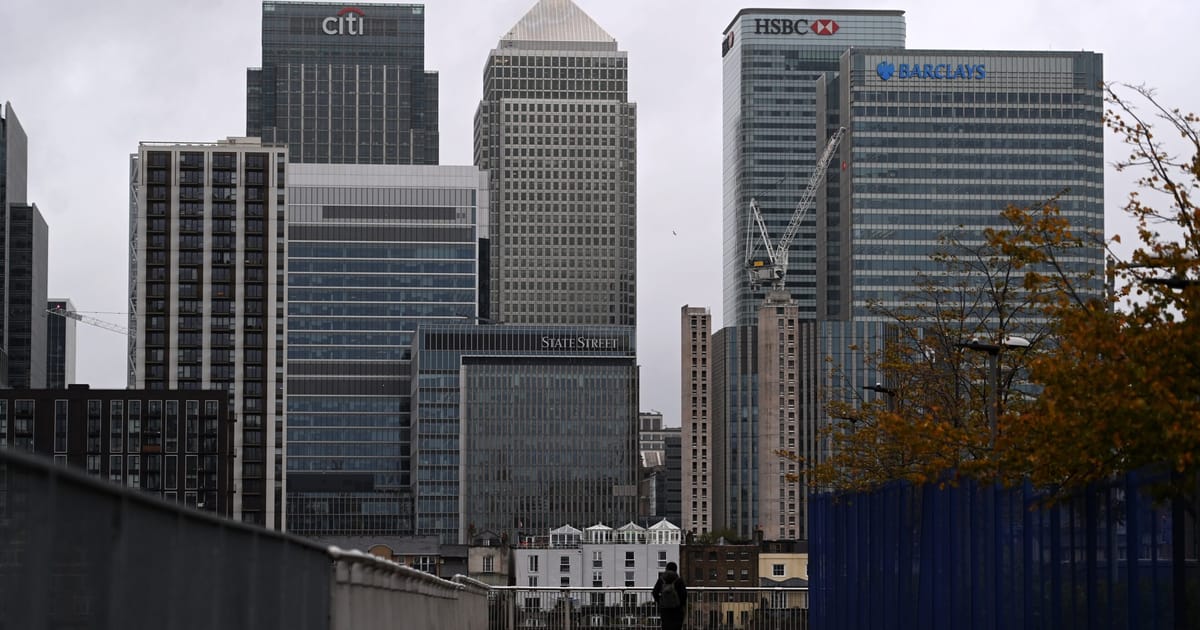

From financial relief in the UK’s motor industry to geopolitical maneuvering in the Panama Canal, significant developments are unfolding across the globe. Meanwhile, debates around energy policy in Australia continue to highlight the complexities of transitioning to sustainable solutions.
In a significant ruling, the UK’s Supreme Court has alleviated potential financial strain on banks by curbing a £44 billion motor finance case. This decision is seen as a positive outcome for Chancellor Rachel Reeves, who expressed concerns about the potential damage to Britain’s financial reputation had mass redress been mandated. The ruling provided relief amid worries that widespread claims could adversely affect the country’s economic standing and banking sector resilience.
Concurrently, in the realm of international trade, Washington has introduced a substantial 39 percent tariff on Swiss imports. This measure was announced coincidentally with a congratulatory message to Switzerland on its national holiday, adding layers to diplomatic relations between the two nations. The tariff decision has heightened discussion around international trade policies and their implications on diplomatic ties, shedding light on the complexities faced by countries in protecting their economic interests while maintaining positive international relationships.
Turning to geopolitical dynamics, Panama’s legal actions against the owners of certain ports have attracted attention, notably in the context of US-China relations. These ports are at the heart of a strategic struggle between the two major powers. The Panama comptroller general has lodged cases in the country’s supreme court, aimed at diminishing Chinese influence in the Panama Canal zone. This move follows unsuccessful efforts to sell the ports to a consortium involving US and Swiss firms, marking a significant moment in the ongoing geopolitical narrative that surrounds this crucial maritime passage.
In Australia, the economic and environmental landscape is undergoing scrutiny with recent revelations about Adani’s Carmichael coalmine. Despite generating revenue, the enterprise has not contributed to corporate tax, a situation that has sparked debate around Australia’s resource management and tax policy. The expected tax benefits from the mine have not materialized, leading to broader questions about regulatory oversight and the future direction of resource taxation in the Oz economy.
Simultaneously, political discourse in Australia is fervent, as some leaders advocate for new coal-fired power plants to replace renewable energy projects. Central figures like Barnaby Joyce are vocally resisting the net zero emissions target set for 2050, proposing a focus on coal, gas, and nuclear energy. This stance highlights ongoing divisions within the political sphere regarding the most viable path to achieving energy security and economic stability, amid pressures to address global climate change imperatives.
As the world navigates these complex financial, political, and environmental landscapes, the need for mindful consideration of long-term impacts becomes increasingly apparent. Each decision and development not only shapes the present but also carves pathways to future stability and sustainable growth. Keeping an informed eye on these evolving stories helps foster understanding and thoughtful dialogue across borders and sectors.
Source: {link}
